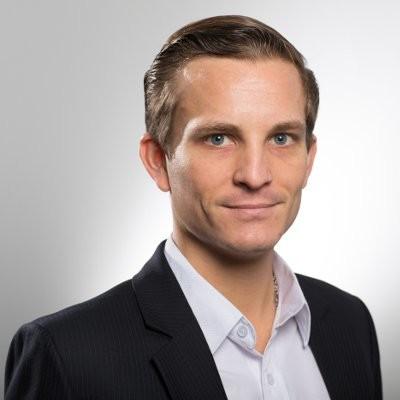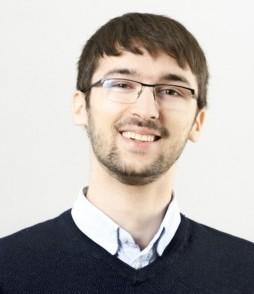-
10:30 - How to migrate an Odoo database across multiple versions (for newbies)
hugues de keyzerDone
-
03:30 - Effective custom addons modularity in large projects
Thomas BinsfeldDone
-
02:00 - Put some magic in migrating Odoo databases : Introducing odoo-openupgrade-wizard
Rémy TaymansDone
-
09:30 - Beyond Odoo Development Essentials
Daniel ReisDone
-
01:00 - EDI framework: manage any exchange
Simone OrsiDone
-
11:00 - Defining the proper reconciliation of payment providers.
Joan SisquellaDone
-
05:00 - Create and deploy FastAPI services within Odoo [Technical]
Zina RasoamananaDone
-
10:30 - Odoo and the NewRetail Revolution: Navigating the Future with SmartPOS, Kiosks, KDS and much more
Luis F MiléoDone
-
10:00 - How To Contribute Code to the OCA - Technical
Daniel ReisDone
-
12:30 - When the filestore is not enough: the new OCA storage modules - Technical track
Quentin GroulardDone

Frederik Karmer
Frederik Kramer is the CEO of initOS GmbH, a German Odoo partner and community member.
Frederik holds a diploma on business informatics and a PhD on engineering from the Otto-von-Guericke-University (OVGU) in Magdeburg, Germany. He is a long time scientific research fellow at the Magdeburg Research and Competence Cluster (MRCC) working in the field of IT-strategy and Open Source. Since 2019 he happily serves as a member of the board of the Odoo Community Association.

Ruben Ortlam
Ruben Ortlam is a software engineer at initOS, where he works on developing innovative solutions using open source technologies and artificial intelligence. He has a strong passion for exploring the potential of AI and contributing to its advancement through his work.
Machine learning and Artificial intelligence aren't new. But the release of ChatGPT sparked a hype throughout the tech scene in recent years. The transformers architecture behind ChatGPT is grounded on work published by Vasnawi et al. (2017) from the Google Brain Team entitled "Attention is all you need".
The advancement of this architecture actually lies in a reduction of model complexity (as compared to traditional convolutional and recurrent neural networks), which allows significantly better parallelizability and hence its much more efficient means of training and use.
Unfortunately, OpenAI decided to rethink its Open Source approach and replaced it with a SaaS model. A huge and vibrant Open Source scene emerged quite recently to counteract this move and produce alternatives that can run on your own hardware, to ensure privacy and long-term stability without having to rely on a single large company.
Within this presentation we'd like to introduce the audience to the Open Source research and programs for large language models (LLMs), their potential fields of application with regards to the field of serious business applications and show some experiments that we've done internally to evaluate its potential.
The session will be a condensed bit of theory and introduction to practical sources of information for developers, the presentation of a few experiments we did and hopefully an interaction with the OCA community on where and how the presented Open Source tool chain may be of use.